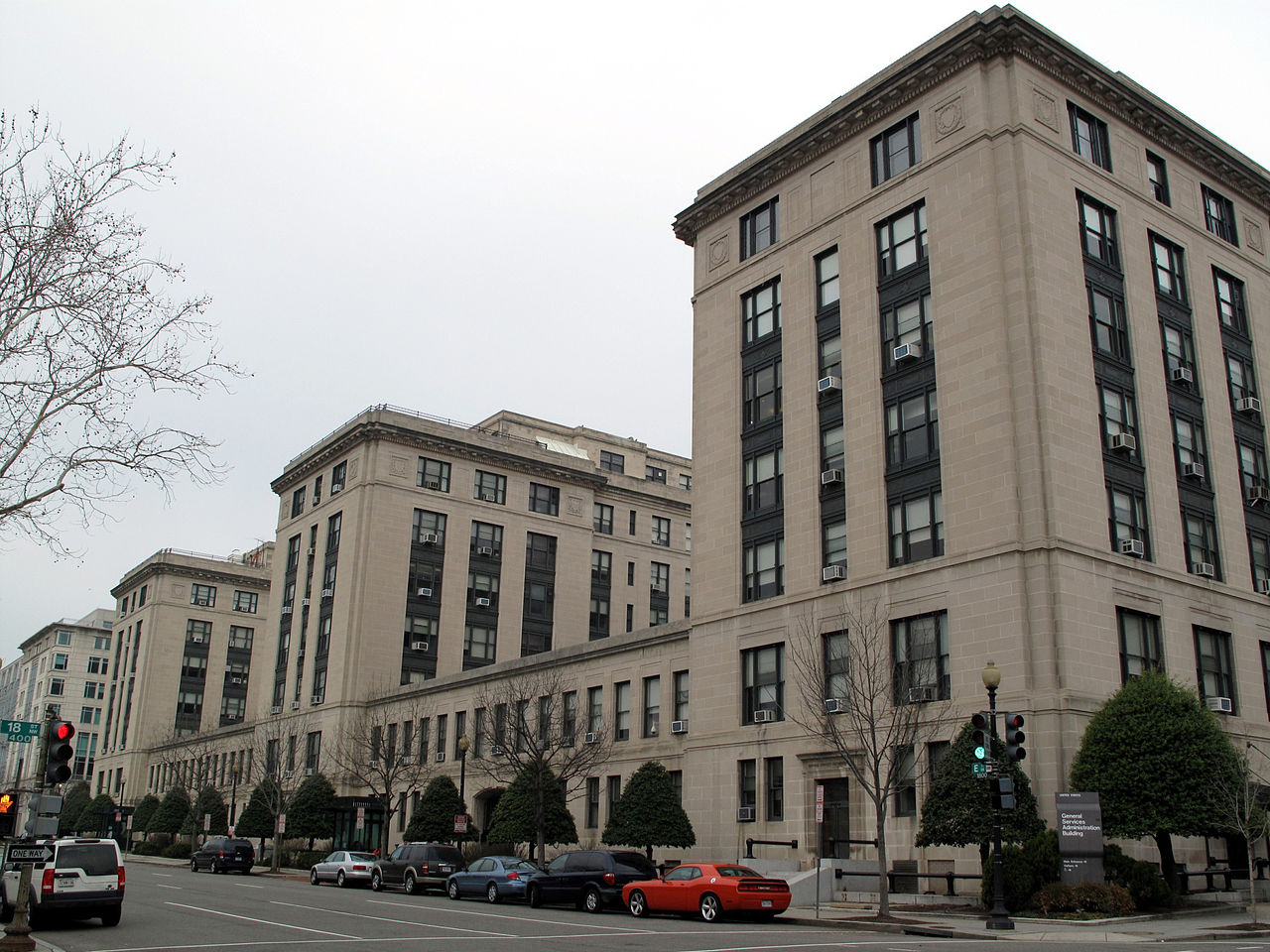
The Pros and Cons of Agency-Level Protests
In my previous post, I wrote about the basics of an agency-level protest. In this post, I will explore some of the main advantages and disadvantages of filing an agency-level protest.
So, what are the benefits of filing an agency-level protest? First, they do tend to be quicker and less expensive than GAO or COFC protests, and they allow protestors a second opportunity to pursue their protest at GAO or COFC. In other words, an agency-level protest may let a protestor test the waters before all-out committing to the cost associated with a GAO or COFC protest.Continue Reading A Primer on Agency-Level Protests of Federal Procurements – Part II






